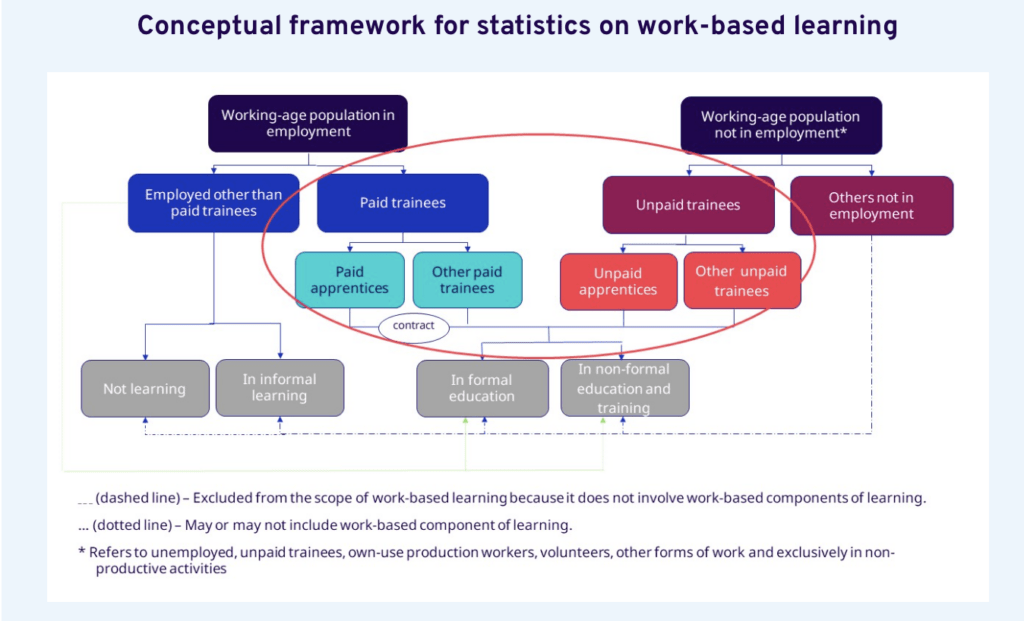
The promotion and availabiltiy of apprenticeships and other work-based training opportunities can decrease youth unemployment, facilitate transitions into the market, enhance the productivity and competitiveness of firms, moreover, help people to develop skills in the current ever growing labour market, said the International Labour Organisation (ILO).
“Work-based learning (WBL) plays a crucial role in developing workers’ skills for the evolving labour market. It is not solely a path for youth but also for adults seeking opportunities to up-skill or re-skill,” wrote the ILO.
According to the organisation, Switzerland has the highest number of youth work-based learners (225 per 1000 youth), followed by Sierra Leone (140), Austria (136) and France (116). Moreover, male youth are more likely to participate in WBL.
Both quality education and lifelong learning opportunities are important for people to progress within life, said the organisation. Nonetheless, they explain, these two components can help facilitate a just transition to a low carbon economy. However, only about half of young people, ages 15 to 24, are engaged in education and training.
“There are considerable disparities across countries, with rates ranging from a mere 20% to almost 80%,” explains the ILO.

While young women are more likely than young men to be in education or training in all regions except Africa, this does not mean that they have better employment opportunities. The labour orgranisation also explains that only 48.6% of adult women are employed in comparison to 75.6% of adult men.
The International Labour Conference has adopted the Quality Apprenticeships Recommendation, 2023 (No. 208), offering detailed guidance to Member States on promoting and regulating apprenticeships.
“To bridge these gaps, policymakers should prioritize equitable access to work-based learning opportunities across all demographics, not only at the recruitment stage but throughout the training, assessment and transition to work,” the ILO says.
For these changes to take place, there has to be more programs that can help youth and also policies to ensure accessibility, affordability, and inclusivity, while considering the needs of vulnerable populations.
The ILO defines WBL as all forms of learning that takes place in a real work environment whether within a formal and non-formal education and training as well as informal learning that can be undertaken throughout a person’s lifetime with the aim of improving competences including knowledge, skills and behaviours needed to successfully obtain and keep jobs and progress within individual career pathways.